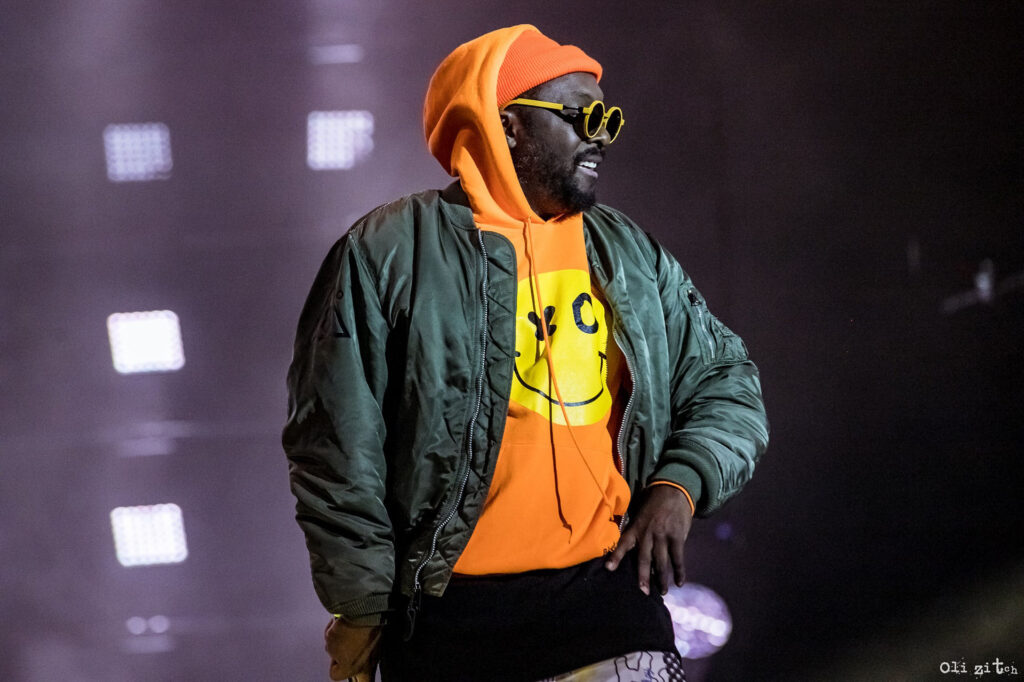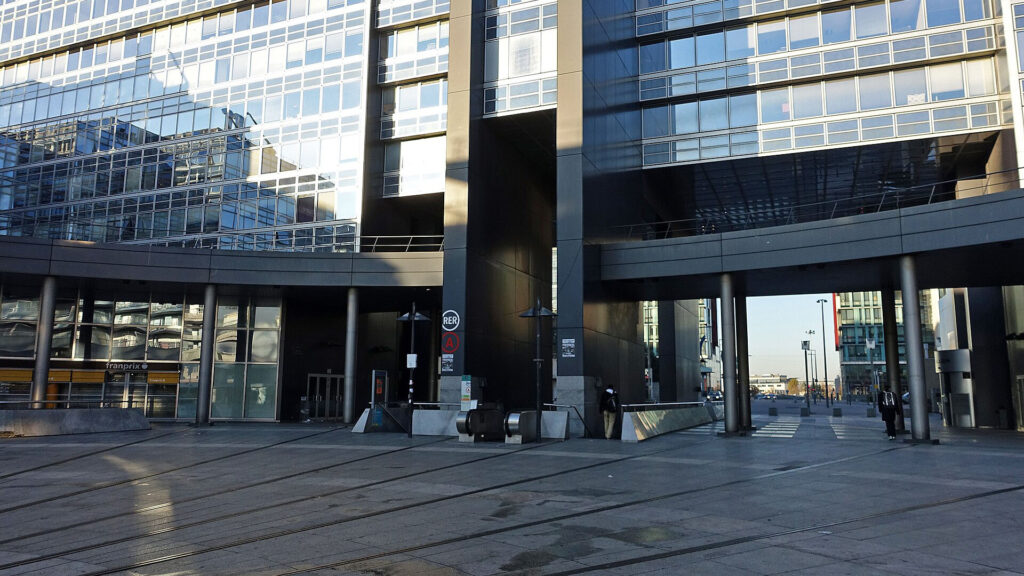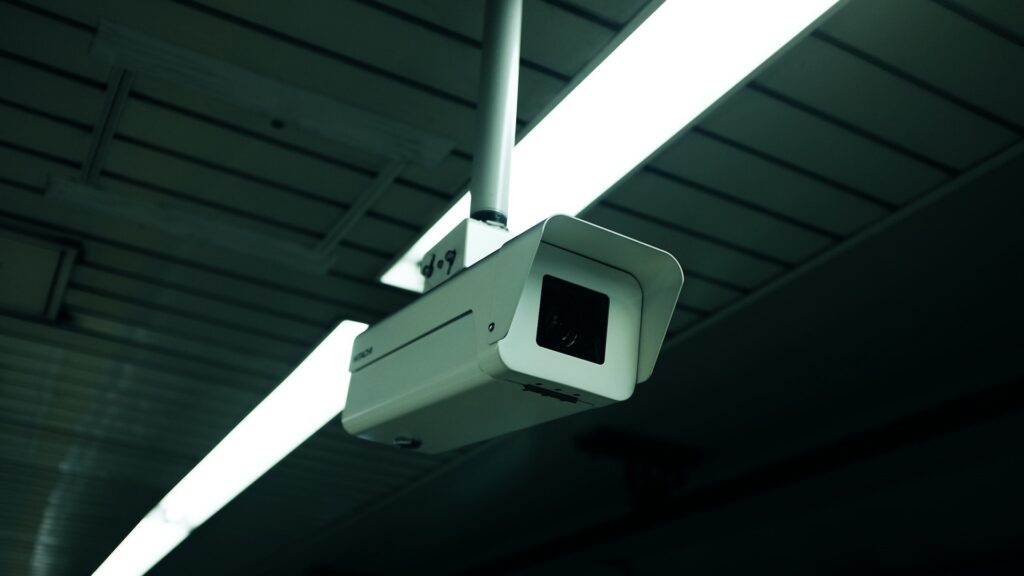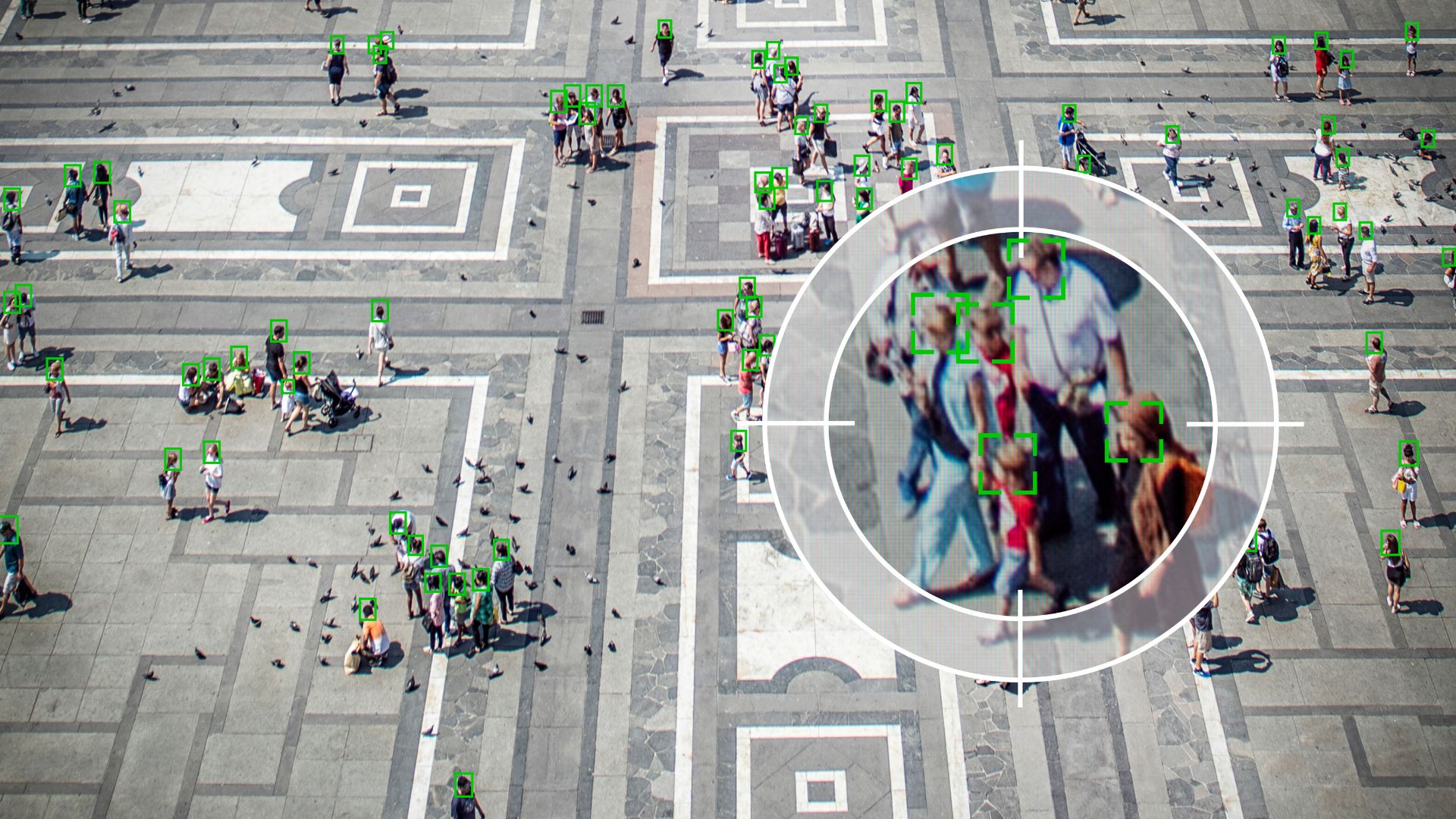The operational use of algorithmic video surveillance (VSA) will take place on two occasions, between April 19 and 21, in Île-de-France. For a Black Eyed Peas concert and for a football match. A discreet deployment, ahead of the Paris Olympic Games, but which raises questions and fears for the future.
Preparation for the Paris Olympic Games is entering its home stretch. The increase in power of the security apparatus also, to avoid any overflow during the competition. And so that everything is ready on the big day, the devices are tested and deployed upstream: the proof with algorithmic video surveillance (VSA).
Advertisement
During April, this VSA will be deployed before the Paris 2024 Olympic Games, on the occasion of two events: for a football match at the Parc des Princes, in Paris, between the teams of Paris Saint-Germain and Olympique Lyonnais; and for the concert of the group Black Eyed Peas in the Paris La Défense Arena stadium.
Specifically, this VSA will be active from April 19 to 22, 2024 for the football match, via 118 cameras installed at the Paris-Gare de Lyon and Pont du Garigliano stations. For the music concert, the VSA will be mobilized from April 20 at 2 p.m. to April 21, 2024 at 6 a.m., using the cameras of the Nanterre Préfecture (RER A) and La Défense Grande Arche (RER A + Métro 1) stations.

These details are recorded in two orders from the Paris police headquarters (2024-00493 And 2024-00494), published this Wednesday April 17. They were spotted by the association La Quadrature du Net, via the tool CatchSurveillance. This works to identify prefectural decrees. The two authorizations on the VSA were detected in the middle of the day.
The Paris police headquarters did not particularly publicize the release of these two arrests – at the time of publication of the article, a recent message on the official account on focused on the reinforcement of the British police in anticipation of the Olympics. The sites of Ministry of the Interior and of Prefecture don't mention it either.
Advertisement
This non-existent communication is, in the eyes of La Quadrature du Netproof of a maneuver by the prefect of police, Laurent Nuñez: “ By publishing these orders so late, the police chief is trying to avoid legal action as much as possible, which will probably not have time to be judged before the start of algorithmic surveillance. »
The two orders remind us that they can indeed be contested by various means, including via an administrative court. However, ” none of these remedies suspends the application of this decision », He is also reminded. This leaves barely two days to act before the VSA is launched, and obtain a judgment. It's very short.
This is not the first time that the VSA has been in the news. It was tested on March 3 and 5 for the Depeche Mode concerts and on March 20 for a basketball match between Paris and Nancy. However, the prefecture then affirmed that the VSA would not be operational. This is just a technical phase, for configuration purposes.


Operational use to detect various events
The two authorizations given on April 17 this time follow a logic of operational implementation.
For the football match, it is a question of using this video surveillance by artificial intelligence to detect:
- crossing or presence of a person in a prohibited or sensitive area;
- too high a density of people;
- a crowd movement;
- a presence of abandoned objects.
Concerning the concert, the events to follow will be:
- an intrusion into an area prohibited to the public or sensitive;
- crowd movement in risk areas;
- abnormally high density;
- the presence of abandoned luggage.


All these situations are provided for within the framework of a decree which set the conditions for the implementation of this algorithmic video surveillance. There are four possibilities: a start of fire, a person lying on the ground, a vehicle or person going the wrong way, and the presence or use of a weapon.
What is not current is facial recognition or identification — making targeting issues peripheral. The decree rules out in principle any biometric identification system and any data processing of this nature. Reconciling, cross-referencing or linking this information with personal data is also not permitted.
Data retention is, however, provided for within the framework of the VSA: “ The operations of collection, consultation, communication, modification and deletion of images subject to algorithmic analysis, as well as the reports generated by the processing are recorded. »
The VSA was approved in the context of securing games, via the law relating to the Olympic Games of May 19, 2023. On paper, algorithmic video surveillance is being implemented “on an experimental basis” and there are no plans to extend it beyond March 31, 2025 – the games will have ended well before, on September 8, 2024.
The risk of an experiment that will be perpetuated… and extended?
However, for those who criticize the system, the main fear is that what is supposed to be one-off ends up becoming permanent. It is ” the generalization of surveillance which is taking shape behind these so-called experiments “, comments today La Quadrature du Net. When it comes to public security, the temporary tends to last.
We can see it with the Vigipirate plan. Although it has been revised several times over time, it has been applied almost without interruption since 1995. The alert level is currently at its highest, since March 24, two days after the attack in Moscow.
The terrorist threat is precisely what motivates the Paris police headquarters to mobilize the VSA to secure the surroundings of the two places. The match and the concert (appear) particularly exposed to risks of acts of terrorism “, taking into account the circumstances, but also the extent of their attendance.
In particular, the police chief observes “ that France is the Western country most affected by jihadist terrorism since 2012. » Since 2020, « ten successful attacks were recorded, compared to fourteen foiled projects, including two since the start of the year. » And the Olympics constitute, for obvious reasons, a prime target.


Considering the trajectory of the Vigipirate plan and the Sentinel mission, the factor of terrorism is likely to encourage the authorities to retain such a tool. Moreover, this threat has largely contributed to changing the legislative arsenal in the direction of toughening, recalls Public-Senate. Thirty-five years of anti-terrorism legislation, title Public Life.
Beyond the sustainability of the system (the government having indicated that it was considering it after the Olympics, according to the Minister of Sports Amélie Oudéa-Castéra), there is another problem: that of the ratchet effect. We must not rule out a phenomenon of habituation, of trivialization, which would then make the idea of an expansion of the VSA more acceptable.
“ It is imperative to guard against any ratchet effect linked to the implementation of certain devices »
Cnil
This drift had already been the subject of a warning from the CNIL, in 2019, when discussing facial recognition in society. “ It is imperative to guard against any ratchet effect linked to the implementation of certain devices », Commented the National Commission for Information Technology and Liberties, drawing its red lines.
“ The experiments cannot ethically have the object or effect of accustoming people to intrusive surveillance techniques, with the more or less explicit aim of preparing the ground for further deployment. », she added. A comment which could today be extended to the VSA.
This reminder is all the more relevant since supporters of an extension of this type of system are pushing in this direction, as shown in a 2022 senatorial report. The following year, a bill was tabled to authorize facial recognition in public spaces. Again, a test. Again, temporary (three years).
This distrust of the VSA does not come out of nowhere. It takes place in a context where a certain form of surveillance society is being set up, sometimes out of sight. This is what theBriefcam affair (the police would secretly use facial recognition software), which the Ministry of the Interior puts in embarrassment.


